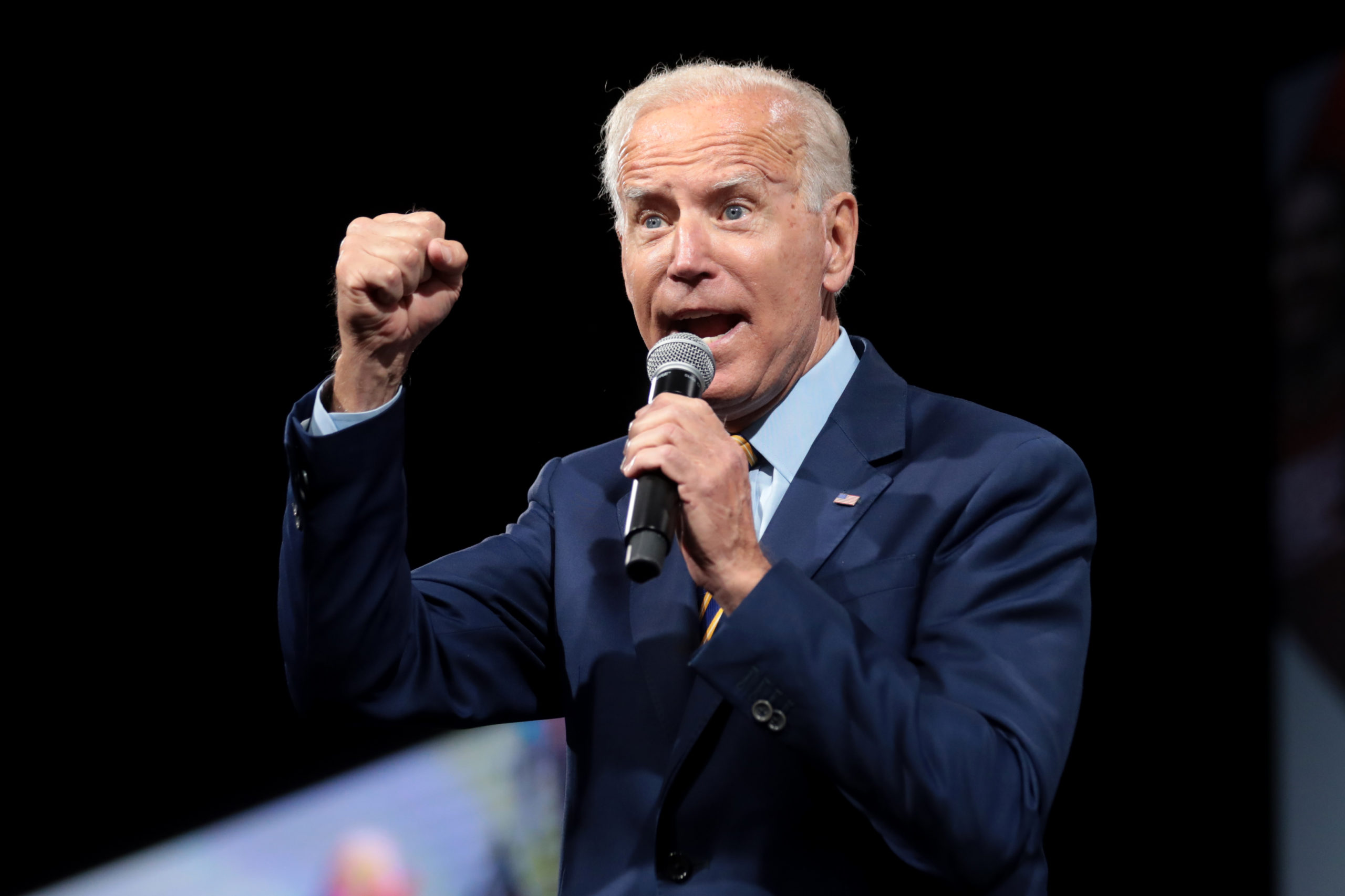Nobody can deny the fact that 2020 was a year filled with challenges and political uncertainty – whether it was the possibility of a potential No Deal Brexit or the diplomatic insecurity of Trump’s presidency. However, by the end of the year the nation heaved a collective sigh of relief as a trade deal with the EU was finalised and Joe Biden became the President-Elect. But now that the excitement of the inauguration has died down and trade with our European counterparts seems to be flowing somewhat smoothly, what exactly does a Biden presidency mean for UK-US relations?
On the one hand, the fact that the UK government has managed to work out a trade deal with the European Union certainly does place them in a better position to negotiate a deal with the US. Biden has already made it clear that restoring Washington’s role on the world stage and reversing Trump’s ‘America first’ agenda are some of his top priorities. Nevertheless, it is likely that trade and relations with the United Kingdom will be low down on his list of priorities as US relations with countries such as China and Iran have become more contentious issues within Congress and the Senate.
Moreover, President Biden will be under immense pressure to improve diplomatic relations with the European Union. Most European leaders openly opposed many of Trump’s actions, such as his decision to withdraw the US from the Paris Climate Accord and his protectionist policies which placed tariffs on billions of dollars’ worth of goods from Europe, greatly affecting the European Food and Drink industry in particular. Therefore, Biden is likely to work quickly to repair relations with the EU so he can build a more united front against China – Biden also stated in 2018 that US interests in the UK have diminished following Brexit because the UK are now far less influential in Europe.
Whilst Biden’s experience as Vice President and as Head of the Foreign Relations Committee gives him an advantage in repairing relationships with the international community, it is likely that he will prioritise diplomatic and economic relations with the EU above any potential trade deal with the UK in order to protect the United States’ relationship with the largest trade bloc in the world. Furthermore, Biden has been very vocal about his anti-Brexit stance (although he maintains that the US respects the outcome of the referendum), which certainly places him at odds with the ideological standpoint of Boris Johnson who not only helped to promote the Leave campaign but also maintained a strong diplomatic relationship with Donald Trump over the past four years.
However, Biden’s transatlantic foreign policy may also be influenced by his ancestral and political links to Ireland – not only was he a key figure in the Peacebuilding process which culminated in the signing of the Good Friday Agreement in 1998, but he also has a deep appreciation for his Irish heritage. In one interaction with the BBC last year, a reporter asked if he would mind answering some questions, whilst Biden promptly quipped, “the BBC? I’m Irish.” The president’s familial and diplomatic ties with Ireland have led some commentators to wonder whether the ‘special relationship’ between Washington DC and London will perhaps be replaced by a stronger relationship between Washington and Dublin – especially seen as Ireland has now become the only fully English-speaking member of the EU and has one of the fastest growing economies in Europe.
Finally, it is clear that no one yet knows how the ‘special relationship’ between Washington DC and London will endure under Biden’s presidency. Biden certainly faces a lot of pressure to tackle domestic politics first, as he attempts to unify the country and win back the support of Trump voters. Nevertheless, within months of a 5 x 3.5 metre mural of Joe Biden’s face being unveiled in Ballina, Co. Mayo (the hometown of his Irish great-great grandfather), Biden removed a painting of Winston Churchill as part of his redesign of the Oval Office – an act that was criticised by one or two commentators on both sides of the Atlantic. However, the US is still the UK’s largest single trading partner, but the UK government should perhaps avoid running the risk of becoming overly dependent on the United States – especially as Biden attempts to win over the Americans who benefited from Trump’s protectionist policies and repair relations with the European Union.
Maeve Preston
Image source: Wikimedia Commons

